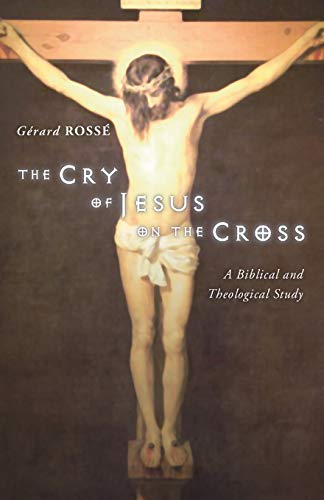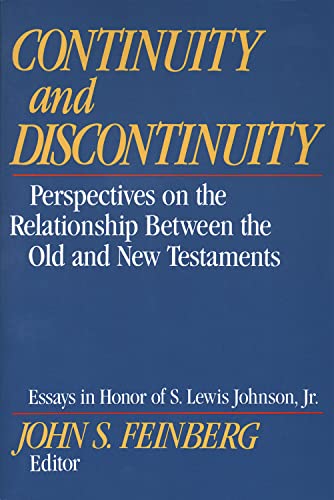The Cry of Jesus on the Cross: A Biblical and Theological Study
Written by Gérard Rossé Reviewed By Richard BauckhamThis translation of a book first published in Italian is very welcome for two reasons. First, it does something which is rarely done nowadays: it moves successfully from serious biblical scholarship to profound contemporary theology. Secondly, its subject is one for which just such a study was needed. Jesus’ cry of dereliction (‘My God, why have you forsaken me?’) has been identified as the key to the deepest theological meaning of the cross by a number of contemporary theologians, most influentially Jürgen Moltmann in his The Crucified God, to which Rossé makes frequent reference. Rossé shows both that the theological interpretation which Moltmann and others have placed on the cry is broadly justified and that a biblical-theological study of the cry can also qualify, extend and enrich that interpretation.
Rossé investigates the place of the cry in the pre-Markan tradition of the passion, in which he thinks Psalm 22 was used from the beginning to interpret the passion of Jesus. He finds no decisive evidence for or against the historicity of the cry as Jesus’ actual words, but this does not diminish its authority or significance as a theological interpretation of the meaning of Jesus’ death: ‘a revelatory word of God on the death of Christ’. (Incidentally, he seems to me to make unnecessarily heavy weather of the problem of how the bystanders suppose Jesus to be calling for Elijah. The most obvious interpretation of Mark’s account is that Jesus’ words were indistinct and misheard by the bystanders.) There is a thorough account of the place of the cry in Mark’s understanding of the death of Jesus, in which it functions as Mark’s equivalent of Paul’s claim that Jesus was made ‘sin’ or ‘a curse’. It means that Jesus ‘has completely assumed the human condition of estrangement from God’. Markan theology confirms Moltmann’s claim that the cry must be understood within the relationship of Jesus the Son of God to his Father. But most illuminating is Rossé’s emphasis on Mark 14:36 to show that Jesus is most deeply united with his Father precisely at the point of abandonment: he experiences, as Rossé felicitously puts it, ‘the loss of God for the love of God’.
There is a useful chapter on the history of interpretation of the cry, from the Fathers to the present, and three short but richly suggestive chapters on the contemporary theological significance of the cry. For example: ‘In the abandonment, Jesus lives to an extreme the nearness of God to man in his extreme solidarity with humanity’ (p. 112); ‘Now every cry of abandonment involves the Trinity’ (p. 115); ‘Jesus in his abandonment is the God of those without God. He presents himself in a special way as the response to contemporary atheism’ (p. 120); ‘In order to draw near to men estranged from God, God does not fear reaching them in their estrangement, thus appearing as the opposite of God’ (p. 131). These quotations should whet the theological appetite!
Richard Bauckham
Professor of New Testament Studies at the University of St. Andrews







